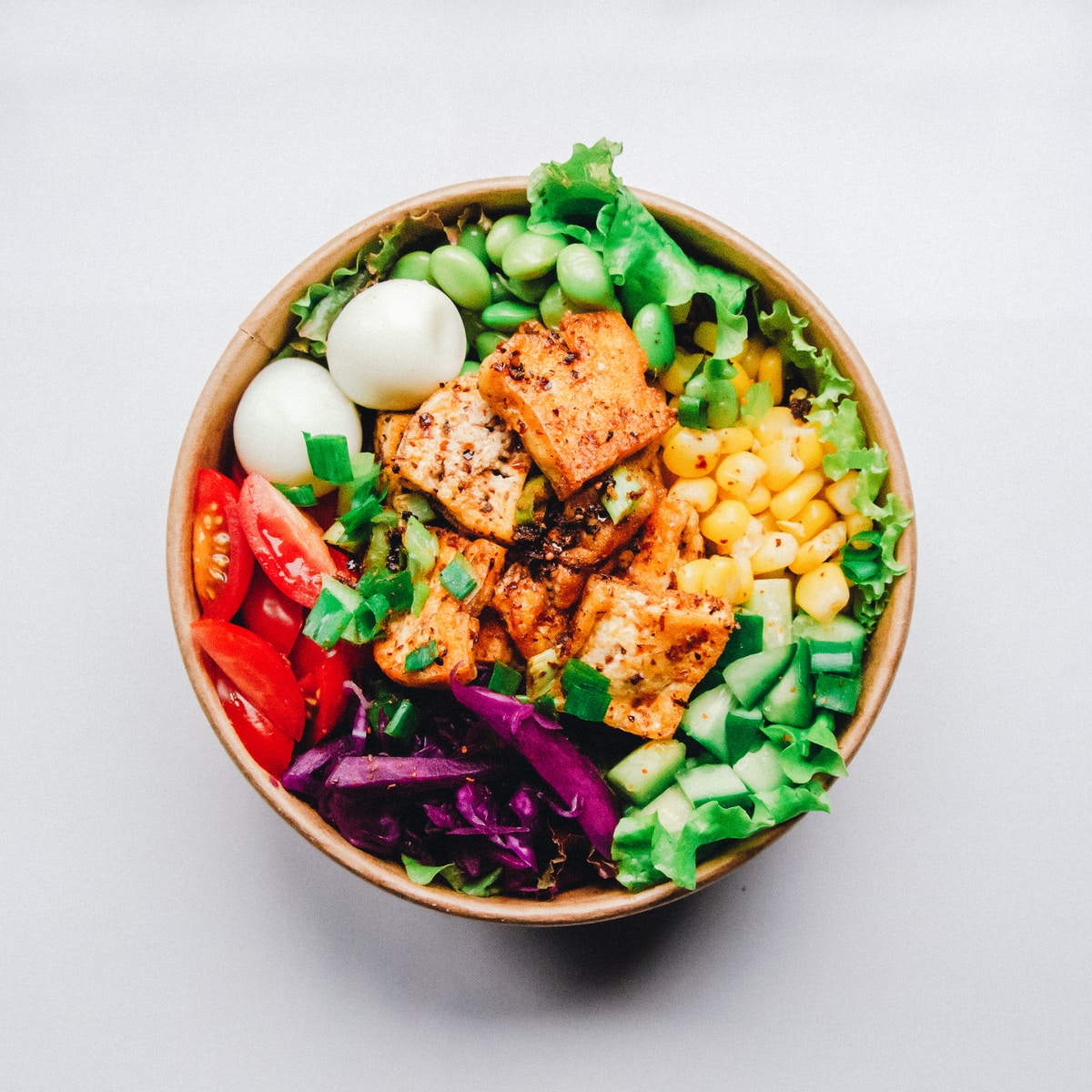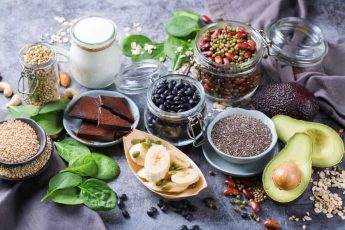Foods that boost metabolism and help burn fat quickly
When it comes to managing weight—or just feeling better day to day—what you eat can nudge your metabolism in meaningful ways.
That’s not hype; it’s backed by research. Some foods genuinely help your body burn more calories or manage fat better.
Others—typically the overly processed, sugar-laden, or salty options—tend to slow things down. Making thoughtful choices consistently adds up.
1. Protein-Rich Foods
Your body works harder to digest protein than it does carbs or fats. That extra effort is called the thermic effect of food. It means you burn more calories simply by eating things like eggs, beans, or chicken.
Studies suggest this effect can raise energy use by as much as 30% after a protein-heavy meal. Protein also helps protect muscle mass—important if you’re cutting calories.

2. Foods Rich in Minerals
Iron and selenium aren’t flashy, but they matter. They help your thyroid run smoothly, and your thyroid is central to how your metabolism functions.
If you’re low on these, things can slow down. You’ll find both in foods like seafood, lentils, seeds, and lean meat.
3. Chili Pepper
Capsaicin—the compound that gives chili peppers their heat—can slightly increase calorie burn and suppress appetite, according to controlled studies.
The effect is modest but real. For people who enjoy spicy food, it might offer a bonus beyond flavor.
4. Coffee
There’s solid evidence that caffeine speeds up metabolism and promotes fat use, especially during exercise.
Some studies estimate that drinking around three cups a day could burn an extra 100 calories. Still, effects vary by individual, and too much caffeine can interfere with sleep or trigger jitters.
5. Tea
Green, oolong, and matcha teas contain compounds like catechins and caffeine that may improve fat burning.
The benefits are generally modest—often under 20% more fat oxidized during activity—but they’re consistent enough across studies to be worth noting.
6. Legumes
Lentils, chickpeas, black beans—they’re staples in many diets for a reason. They offer protein, fiber, and minerals in one package.
What’s more, they feed gut bacteria that produce compounds linked to better fat regulation and blood sugar balance.

7. Ginger
Ginger is often used for digestion or nausea, but it might also slightly increase calorie burn.
One small study found that taking a couple of grams before a meal nudged up thermogenesis. It’s not a magic fix, but it could help, especially alongside other good habits.
8. Water
Drinking water causes a short-term metabolic lift—about 25% more calorie burn for about an hour.
That’s partly because your body has to warm the water to match its temperature. It’s not dramatic, but staying hydrated plays a quiet, helpful role.
9. Seaweed
Seaweed’s value lies in its iodine content, which helps the thyroid stay on track. If you’re not getting iodized salt, seaweed might fill that gap.
It also contains fucoxanthin, a lesser-known compound that has been researched for its metabolic potential.

10. Broccoli
This cruciferous vegetable contains glucoraphanin, an antioxidant that may affect fat metabolism and inflammation.
Steaming or microwaving helps preserve the good stuff. As with much of nutrition science, the effect is subtle but positive.
11. Avocado
With plenty of fiber and heart-healthy fats, avocados help you feel full and may help regulate metabolic markers.
A few studies connect regular avocado consumption with a lower risk of metabolic syndrome—especially in people managing weight or insulin levels.
12. Flax Seeds
Flax is dense with fiber, omega-3s, and antioxidants. It’s been studied for its effects on digestion and metabolic health, particularly for people with insulin resistance.
Ground flax is easier to digest, and a spoonful of oatmeal or smoothies is an easy addition.
13. Almonds
Almonds are a good source of protein, iron, selenium, and healthy fats. They digest slowly and create a slightly higher calorie burn after meals. They’re also flexible—good as a snack or as part of meals.

14. Blueberries
Known for their antioxidants, blueberries—especially because of their anthocyanins—have been linked in trials to better glucose control, less inflammation, and even small reductions in body weight when consumed regularly.
15. Grapefruit
Some clinical trials suggest that eating grapefruit before meals can help with weight control and insulin sensitivity. Whole fruit works better than juice, likely thanks to fiber. The changes are small but noticeable.
16. Curcuma (Turmeric)
Curcumin, found in turmeric, has drawn attention for its anti-inflammatory properties.
Some early evidence suggests it might also help support metabolism, particularly when it’s part of a broader healthy eating pattern. Turmeric’s absorption is better when eaten with black pepper.











